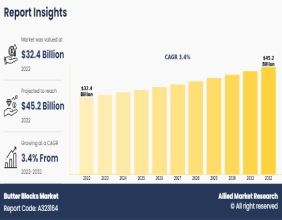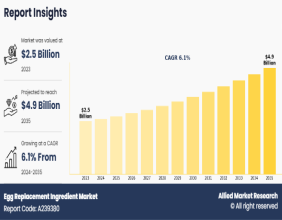Summary
- According to older generations, who have completely different priorities in life, most of the spending by millennials is on relatively less important items.
- Millennials spend more on convenience, online shopping, debt payments, food away from home, travel, and a variety of digital services.
- While enjoying the young life is important, having a balanced spending pattern is critical too, so as to save enough for the future.
Millennials are infamous for spending recklessly. According to older generations, who have completely different priorities in life, most of the spending by millennials is on relatively less important items.
Whether millennials make poor financial choices or not, it is more important to check out into their spending patterns. These can provide an insight into what is triggering this behaviour and what is the real priority for this generation.
Millennials spend more on convenience, online shopping, debt payments, food away from home, travel, and a variety of digital services. And these preferences are more due to changes in lifestyle and professional requirements. However, there is no harm in picking up few good tips from their older peers to make their life more financially secure.

Source: © Littlemacproductions | Megapixl.com
Here we will discuss seven money habits that millennials can adopt for a better future:
Budget your savings
Preparing a monthly budget and adhering to it is the most important financial lessons for all millennials. Smart personal finance always comes up with a budget. You are in better position to track spending. You can also come up with your own accounting for monthly expenses to have a better control over your expenses.
READ MORE: Can APEC meeting led by New Zealand lead to a meaningful outcome?
Monthly automatic deduction
Several experts advise to go for monthly automatic deduction to save for the future. You can save anywhere between AU$50 to AU$100 in a specific savings account. After a six-month period, the money can be invested in a mutual fund. This way you can develop a reasonable corpus in the coming year.
No-spend days
Observing a no-spend day a week or a month can be very helpful. It helps to think more carefully about your expenditures. This way, you would have better idea about where your money is going.
It is never early to think about retirement fund
One of the most important things one can do for your financial health is to keep contributing towards the retirement account. It does not matter if it is a 2% monthly contribution or 4% or 10%. What is important is to contribute. The earlier you start with a retirement fund, the higher will be the impact of compound interest.
READ MORE: Oversupply fears drag Crude oil prices; 3 ASX oil stocks under lens
How to tackle debt
No matter it is a credit card loan, car payment or healthcare bulls, it is important to repay debt on time to get finances in order. Thus, it is important to figure out not only how one would pay their debt off, but also where they should start.
Evaluate your insurance
It is important to protect one’s earning potential with life and medical. It becomes even more important if one has dependents. One should get adequate life insurance to pay off debts or replace income. In case you have children, you should try to at least to cover the duration they will live with you at home.

Source: © Kiosea39 | Megapixl.com
Understand how taxes work
It is important to understand how taxation system works. It is your right to legally save taxes. You must calculate how much money you will be getting in hand after tax deductions. Thereafter, you can plan your budget and financial goals. Proper understanding of the taxation system can help you claim appropriate deductions.
You must not forget that the world is uncertain and therefore it is always advisable to prepare judiciously for a secure financial future.
READ MORE: How to invest in stocks of foreign companies?
READ MORE: Ten blue chip shares with fully franked dividends on ASX



